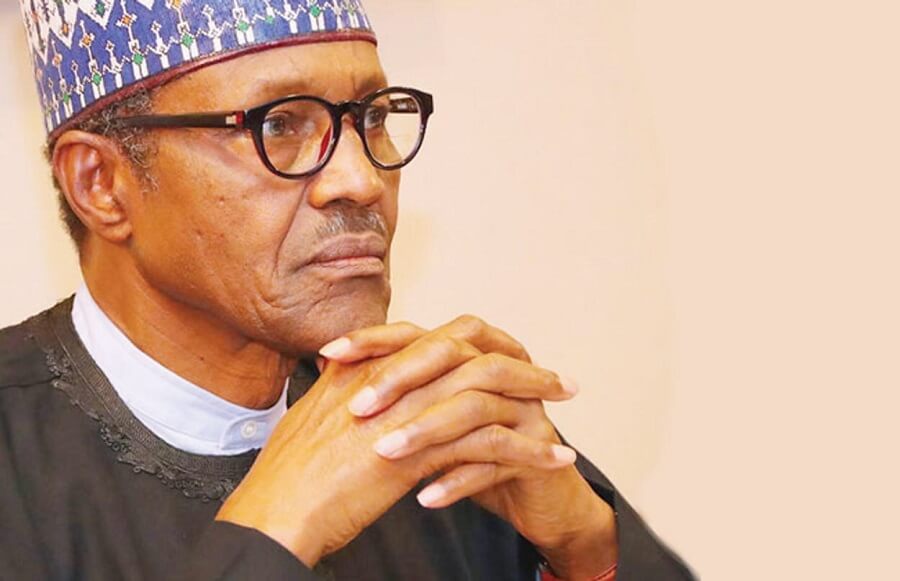The Buhari Media Organisation (BMO) has said that Nigeria’s GDP growth will hit 2.9% as against the 2.0% downward review made by the International Monetary Fund (IMF).
IMF had on Tuesday February 17 said that the pace of economic recovery in the country was slow, adding that “declining real incomes and weak investment continue to weigh on economic activity.”
Advertisement
The commission consequently made a downward review of its earlier 2.5% GDP growth forecast for Nigeria in 2020 to 2.0%.
The commission stated its position after concluding its Article IV consultation to Nigeria.
Reacting, the BMO in a statement released to THE WHISTLER, on Thursday said that “Nigeria will shock IMF”, adding that the country’s GDP would hit 2.9% in 2020.
The group expressed hope that despite the impact of COVID-19 on global oil prices which would affect the country’s economy, the GDP would meet the government’s 2.9% growth forecast.
Advertisement
BMO alleged that before president Muhammadu Buhari took over from erstwhile president Goodluck Jonathan, in 2015 the country was heavily dependent on oil, adding that Buhari has diversified the economy.
The group added : “The International Monetary Fund may have forgotten that Nigeria is diversifying its economy, thanks to President Buhari’s foresight that it would be suicidal to rely entirely on revenue from oil to generate funds to bankroll the developmental programs of government.”
The organization pointed out several economic interventions of the Central Bank of Nigeria designed to remedy the pressure on the country’s economy.
“The Central Bank of Nigeria (CBN) which is the monetary policy authority of the nation has also been proactive in this new thinking. It has raised Loan-to-Deposit Ratio (LDR) of banks from 60 to 65 percent, principally to create more funds for credit to existing or new businesses.
The group further alleged that finance institutions have issued N2 trillion to borrowers based on the 65% LDR directive, to increase the country’s production capacity.
Advertisement
Reacting earlier, the Managing Director, Lagos Chambers of Commerce and Industry, Muda Yusuf, told THE WHISTLER that CBN monetary policy could not solve the problem alone ,especially the issue of rising inflation, as it will increase production cost and impact on the country economic growth.
According to him, “The CBN cannot do it alone, they only have control on the monetary policy, what they can affect is just the liquidity in the system, money supply and interest rate, but there are other elements that affect inflation; for instance, the cost of production, transportation and energy. These elements are not what the monetary policy can fix.”



